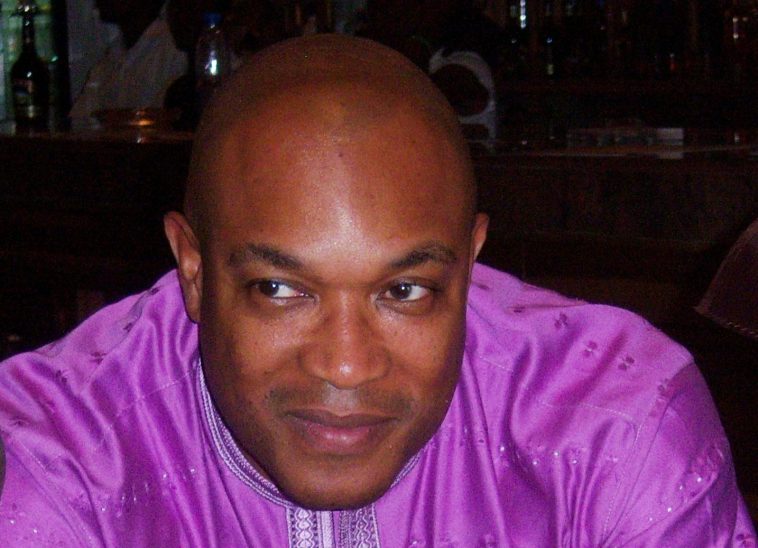We are happy to introduce you today to Bernie Akporiaye & Dr. Tosan Oruwariye, the founders of MaTontine, a start-up that provides financial services from Dakar, Senegal.
1. First of all, can you introduce yourself to our readers, who you are, where you come from and what’s your background.
My name is Bernie Akporiaye and I am the co-founder of MaTontine. My co-founder is Dr. Tosan Oruwariye. We are brother and sister who were born in Africa, but grew up abroad witnessing so much negative images of Africa and knew there were great things happening on the continent and wanted to be part of the generation of Africans who could help solve some of the challenging problems that exist in Africa.
Tosan is an entrepreneur, paediatrician and specialist in public health with extensive experience working with organisations like WHO and UNICEF on preventive health care models to the rural and poor communities in Africa.
Bernie is an entrepreneur on his 4th startup and a specialist in financial software who has over 20 years working internationally and in Africa. He has specific expertise in digitising processes and services; and has worked with international NGOs serving the financially excluded.
We saw Africans behaving financially responsibly within savings groups and felt that they were not being rewarded for that behaviour. Hence we created MaTontine to offer this people a range of financial services based on their financial behaviour.
2. What is your startup and where is it located?
Our Startup is MaTontine and we are located in Senegal. We provide access to small loans and a range of financial services like micro-insurance to the financially excluded in Francophone Africa via a basic mobile phone.

3. What is the problem you are addressing and what is your solution?
The really big problem we are trying to solve though is how to lend small amounts like $100 profitably and at scale to the 1B people in Africa who are financially excluded. The banks and Microfinance institutions cannot do it with their current cost structure. Consequently, the end user does not have access to financial services that are easily available, accessible and affordable. We solve the problem for our customers by utilising mobile phones and our platform to digitise the benefits of traditional savings groups. Thereby, reducing the cost of borrowing by 75% or more.
4. What is your target market? And the market size?
Financially excluded (typically women living under $5/day) in Francophone Africa. Market size is $20B.
5. How has the traction been so far on the customer side?
Here are some key numbers:
- We want to provide financial services to 1 million women over the next 5 years
- 90% of our member population are women
- 0% default rate to date on loans provided
- $100,000 lent to 1,000 in the last quarter
- Average contribution (savings) is $30/month
- Average loan is: $170
- Current services: loans, life insurance, health insurance
- 5,000 members by December 2018
- $500,000 in loans by December 2018
- $1M in savings on the platform by December 2018
6. From the investment perspective, where are you at now?
We are the seed funding stage.
7. What is your view about the startup scene in your countries and more regionally in Africa?
The startup ecosystems vary tremendously from country to country. There’s an argument that the only truly impactful ecosystems are in South Africa, Kenya and Nigeria. By impactful ecosystems I mean one where there is the right combination of funders, talent, entrepreneurs, enabling regulatory environment and accessible strategic partners.
In Francophone Africa, compared to the countries I mentioned above for example, the barriers to success for startups are mainly regulatory. We have Highly inflexible regulation (old laws used for banks & MFIs are being used for FinTechs for example).
In general startups have significant difficulty partnering with organisations like mobile operators and financial institutions whose nation-wide infrastructure is required for startups to scale; because it’s not viable for startups to recreate these types of infrastructures.
From a financing perspective, compared to, there is very little funds available to startups in our region. Language has proven to be quite a barrier (though the highly regulated environment has not helped!). Human resources is also an issue. The pool of experienced senior executives is shallow and very expensive. As a startup, you are competing with the major banks, telcos, consultancies, etc… for this talent.
8. Can you share with us 3 other startups in your country, that you find interesting, either from a product perspective, vision or their founders?
Thanks again for your time and let’s catchup in a few months to follow up on your milestones and development!





